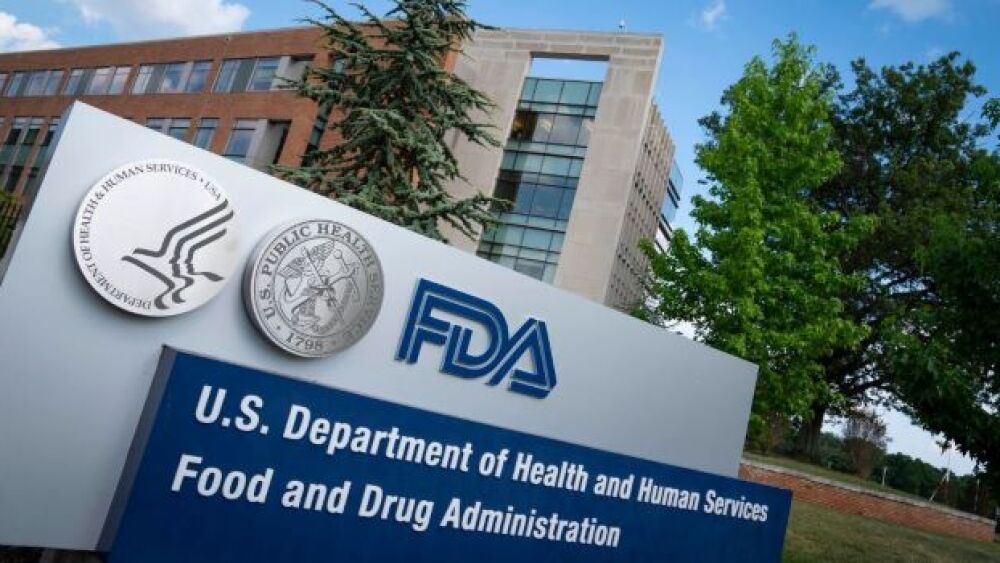The FDA granted rare pediatric disease designation to AVR-RD-04, an experimental gene therapy treatment for the lysosomal storage disease cystinosis, AVROBIO announced Tuesday.
Sarah Silbiger/Getty Images
Building on positive data produced by a collaborator study, AVROBIO’s gene therapy program is gaining momentum. The FDA granted rare pediatric disease designation to AVR-RD-04, an experimental gene therapy treatment for the lysosomal storage disease cystinosis, the company announced Tuesday.
The designation provides AVROBIO with a pathway to initiate its own clinical study in cystinosis next year, Essra Ridha M.D., chief medical officer, told BioSpace in an interview.
Ridha said the company aims to build on the success seen in a Phase I/II collaborator-initiated study that showed the gene therapy was not only safe and well-tolerated but also generated meaningful efficacy data.
In May, Cambridge, Mass.-based AVROBIO announced positive data from the collaborator-sponsored study. Five patients treated with AVR-RD-04 are now off of standard-of-care therapy for cystinosis, the company reported at the time.
In all, five patients have been dosed in that study but only three were eligible for assessment, Ridha said. The data showed those three patients were producing functional levels of cystinosin as measured through tissue evaluations.
“That really gives you a feel for the systemic reach for the stem cell gene therapy,” Ridha said. “We believe we’ve established an important proof of concept in adult patients and that lays the groundwork for our own sponsored trial next year.”
Stephanie Cherqui, Ph.D., lead investigator of the trial and an associate professor of pediatrics at the University of California at San Diego, said all five patients who were dosed in the study remain off oral cysteamine, the standard of care treatment.
“We have observed a strong safety and tolerability profile, as well as a reduction in the harmful accumulation of cystine crystals in cells across multiple tissues,” Cherqui added.
AVR-RD-04 is designed to genetically modify a patient’s hematopoietic stem cells (HSCs) to express the gene encoding cystinosin, the critically deficient protein in people living with cystinosis.
Standard of care treatment does not prevent disease progression and more than 90% of patients require a kidney transplant by the time reach their second or third decade of life. Cystinosis can be fatal.
In addition to the rare pediatric disease designation, AVR-RD-04 previously received orphan drug designation from both the FDA and EMA. If the therapy is ultimately approved by the FDA, the company is in line to receive a priority review voucher that can be used with another therapy or sold to another company.
This marks the second gene therapy program in AVROBIO’s portfolio to secure rare pediatric designation. Last year, the award was granted to its lentiviral gene therapy (AVR-RD-05) for mucopolysaccharidosis type II, also known as Hunter syndrome. In July, the therapy was also granted Orphan Drug designation.
In addition to these assets, AVROBIO is developing gene therapies for other rare diseases, including Gaucher disease type 1, Gaucher disease type 3 and Pompe disease.
In January, the company announced a change in direction. This included the de-prioritization of its Fabry disease program, a move it attributed to the changing regulatory environment and current market.





